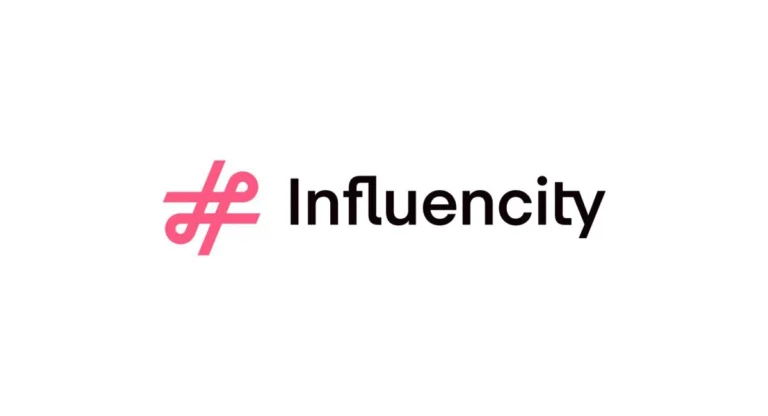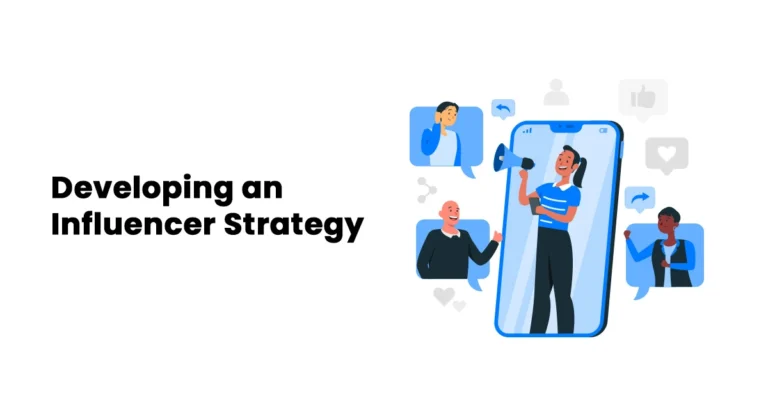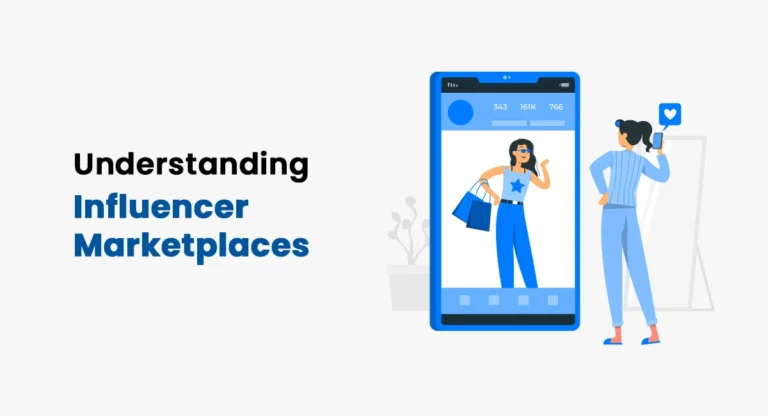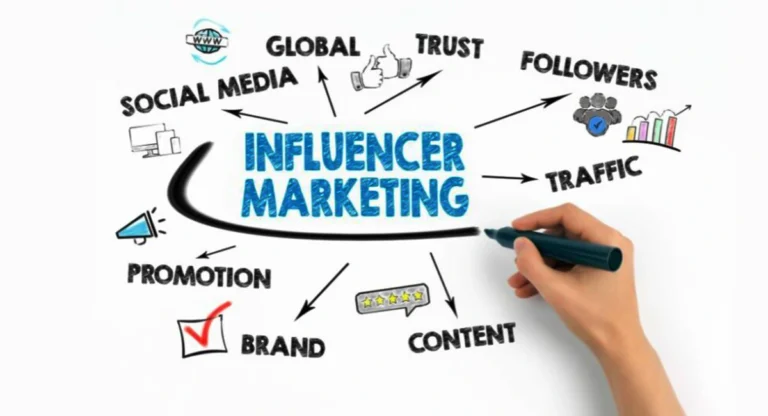Influencer marketing has transformed the way brands connect with their audiences. Rather than relying solely on traditional advertising, companies are increasingly turning to trusted influencers to promote their products. According to Influencer Marketing Hub, the industry was valued at $21.1 billion in 2023 and is poised for further growth. With the right influencer strategy, brands can connect authentically with their target audiences. But how do businesses identify the best influencer marketing platform, or leverage an influencer marketplace to drive success?
Table of Contents
This blog dives deep into the critical aspects of influencer marketing strategies, including influencer platforms, marketplaces, strategies, and emerging trends.

Influencer marketing isn’t just a passing trend; it’s a powerful way to build trust and drive conversions. Research reveals that 63% of consumers place more trust in influencers than in brands, according to the Edelman Trust Barometer. This makes a well-crafted influencer strategy and the right skills for social media marketing essential for companies aiming to engage with modern audiences.

Creating a successful influencer strategy involves several key steps:
Your goals should dictate every aspect of your campaign. Are you aiming to:
Clear objectives help measure the success of your efforts.
Choosing the right influencers is critical, often requiring collaboration with a trusted social media marketing agency for guidance.. Factors to consider include:
While one-off collaborations can be effective, long-term partnerships create consistent messaging and stronger relationships with audiences.

Use data analytics to track your campaign’s performance. Metrics like reach, engagement, and conversions provide insights into what’s working and what needs adjustment.
With influencer marketing’s rapid growth, specialised influencer platforms have emerged to simplify collaboration. These tools enable brands to find, connect with, and manage influencers efficiently.
An influencer platform is a technology-driven tool that facilitates partnerships between brands and influencers. These platforms offer tools such as finding influencers, managing campaigns, and analyzing performance, often in collaboration with a content marketing agency for strategic alignment.
Platforms help brands find influencers based on criteria like niche, location, and audience demographics.
Access to analytics ensures you’re investing in the right influencers.
Save time by automating tasks like reaching out to influencers and tracking their performance.

While influencer platforms connect brands with influencers, influencer marketplaces take this one step further. These online hubs allow influencers to pitch their services directly to brands, fostering open communication.
This democratized approach benefits small businesses and emerging influencers by providing equal opportunities to collaborate.
Picking the right influencer marketing platform is crucial for achieving successful campaign results.The right platform can save time, enhance efficiency, and maximise ROI.

As the digital landscape evolves, influencer marketing is adapting to new technologies and consumer behaviors. Here are some trends to watch:
Artificial intelligence is revolutionising the way brands select influencers. AI tools analyse audience behavior, predict campaign outcomes, and recommend the best influencers for specific goals.
Micro-influencers (with 1,000–50,000 followers) offer higher engagement rates and niche audience targeting. Brands are increasingly leveraging their authenticity to drive results.
Platforms like TikTok, Instagram Reels, and YouTube Shorts have made short-form video content the cornerstone of influencer campaigns.
The integration of shopping features on platforms like Instagram and TikTok allows influencers to directly drive sales, making the influencer strategy even more impactful.

The success of influencer campaigns relies on careful tracking and analysis. Here’s what to measure:
Using an influencer platform or influencer marketplace with built-in analytics can simplify this process.
Gymshark, a fitness apparel brand, grew exponentially through its influencer partnerships. By collaborating with fitness influencers on Instagram and YouTube, the brand reached millions of fitness enthusiasts.
Daniel Wellington utilised micro-influencers to showcase their watches, creating a buzz that translated into global sales. Their success highlights the importance of targeting niche audiences.
Influencer marketing is an indispensable tool for brands looking to engage authentically with their audiences. From crafting a detailed influencer strategy to leveraging the right influencer platforms and influencer marketplaces, the opportunities are endless.
Choosing the best influencer marketing platform and staying ahead of trends like AI, micro-influencers, and social commerce will ensure your campaigns stand out. Whether you’re a startup or an established business, influencer marketing offers a dynamic and impactful way to grow your brand.
Nirbhay Chauhan is a Performance Marketing and ROI Specialist with expertise in SEO, PPC, and media planning. With a passion for data-driven strategies, Nirbhay helps businesses scale by optimizing their marketing efforts to deliver measurable results. His extensive experience in driving online growth and maximizing ROI makes him a trusted partner for businesses looking to elevate their digital presence.